Related Research Articles
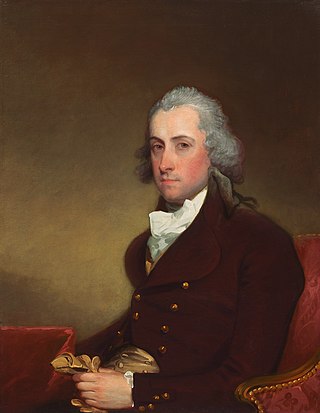
Stephen Van Rensselaer III was an American landowner, businessman, militia officer, and politician. A graduate of Harvard College, at age 21, Van Rensselaer took control of Rensselaerswyck, his family's manor. He developed the land by encouraging tenants to settle it and granting them perpetual leases at moderate rates, which enabled the tenants to use more of their capital to make their farms and businesses productive.

Jared Sparks was an American historian, educator, and Unitarian minister. He served as President of Harvard College from 1849 to 1853.

Amos Eaton was an American botanist, geologist, and educator who is considered the founder of the modern scientific prospectus in education, which was a radical departure from the American liberal arts tradition of classics, theology, lecture, and recitation. Eaton co-founded the Rensselaer School in 1824 with Stephen van Rensselaer III "in the application of science to the common purposes of life". His books in the eighteenth century were among the first published for which a systematic treatment of the United States was attempted, and in a language that all could read. His teaching laboratory for botany in the 1820s was the first of its kind in the country. Eaton's popular lectures and writings inspired numerous thinkers, in particular women, whom he encouraged to attend his public talks on experimental philosophy. Emma Willard would found the Troy Female Seminary, and Mary Mason Lyon, the Mount Holyoke Female Seminary. Eaton held the rank of senior professor at Rensselaer until his death in 1842.
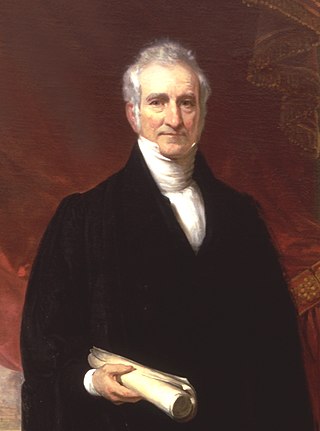
Eliphalet Nott, was a famed Presbyterian minister, inventor, educational pioneer, and long-term president of Union College, Schenectady, New York.
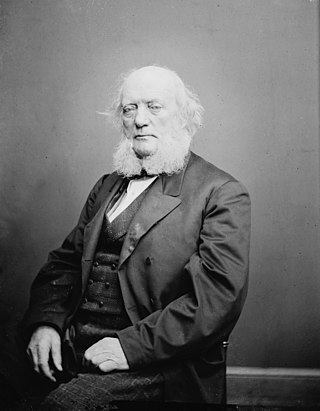
Chester Harding was an American portrait painter known for his paintings of prominent figures in the United States and England.

Albany Academy is an independent college preparatory day school in Albany, New York. It enrolls students from Prekindergaten to Grade 12. It was established in 1813 by a charter signed by Mayor Philip Schuyler Van Rensselaer and the city council of Albany. In July 2007, the once separate Albany Academy and Albany Academy for Girls merged into The Albany Academies. In 2024, the school launched a unifying brand effort as "Albany Academy."

Beriah Green Jr. was an American reformer, abolitionist, temperance advocate, college professor, minister, and head of the Oneida Institute. He was "consumed totally by his abolitionist views". Former student Alexander Crummell described him as a "bluff, kind-hearted man," a "master-thinker". Modern scholars have described him as "cantankerous", "obdurate," "caustic, belligerent, [and] suspicious". "He was so firmly convinced of his opinions and so uncompromising that he aroused hostility all about him."

Jeremiah Mason was a United States senator from New Hampshire.
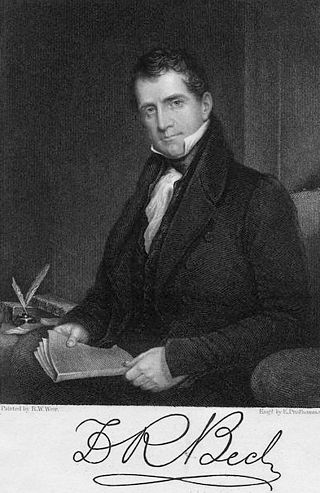
Theodric Romeyn Beck, alternatively Theodoric Romeyn Beck or T. Romeyn Beck, was an American physician in Albany, New York, specializing in medical jurisprudence who authored the first significant American book on forensic medicine, Elements of Medical Jurisprudence in 1823.

Ambrose Spencer was an American lawyer and politician.
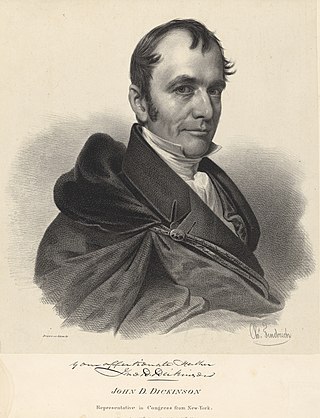
John Dean Dickinson was a U.S. Representative from New York.

Andrew Wylie was an American academic and theologian, who was president of Jefferson College (1811–1816) and Washington College (1816–1828) before becoming the first president of Indiana University (1829–1851).

Samuel Miller was a Presbyterian theologian who taught at Princeton Theological Seminary.
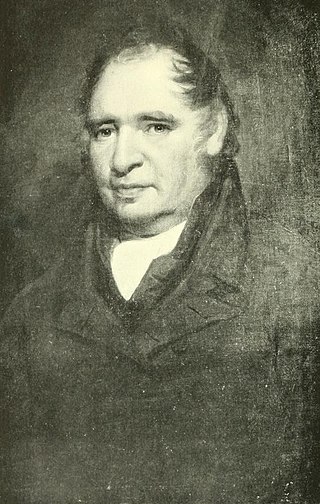
Samuel Blatchford was the first president of Rensselaer Polytechnic Institute.

Nathan Sidney Smith Beman (1785–1871) was the fourth president of Rensselaer Polytechnic Institute. He was born in what is now New Lebanon, New York, on November 26, 1785. He graduated from Middlebury College in 1807. He then studied theology and preached in Portland, Maine, and Sparta, Georgia. In 1818, he became president of Franklin College in Athens, Georgia, which was the founding college of the University of Georgia, although he only served a year in that position. He then returned to preaching in Sparta, Georgia, at Mount Zion Presbyterian Church until 1822, when he became pastor of the First Presbyterian Church in Troy, New York.

Matthew Brown was a prominent Presbyterian minister and president of Washington College and Jefferson College. Next to John McMillan, Brown was the most important figure to education in Western Pennsylvania.
Lewis Caleb Beck was an American physician, botanist, chemist, and mineralogist. The standard author abbreviation L.C.Beck is used to indicate this person as the author when citing a botanical name.

Henry Bradford Nason was a United States chemist.

John Mason Clarke was an American teacher, geologist and paleontologist.
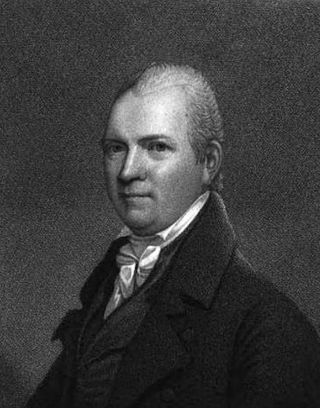
John Mitchell Mason was an American preacher and theologian who was Provost of Columbia College in the early 1810s, and briefly President of Dickinson College in Carlisle, Pennsylvania in the early 1820s.
References
- ↑ American Antiquarian Society Members Directory
- ↑ Nason, Henry B., ed. Biographical Record of the Officers and Graduates of the Rensselaer Polytechnic Institute, 1824-1886. D.H. Jones & Co.: Troy, NY (1855).
- ↑ "John Chester". Rensselaer Polytechnic Institute Archives.
